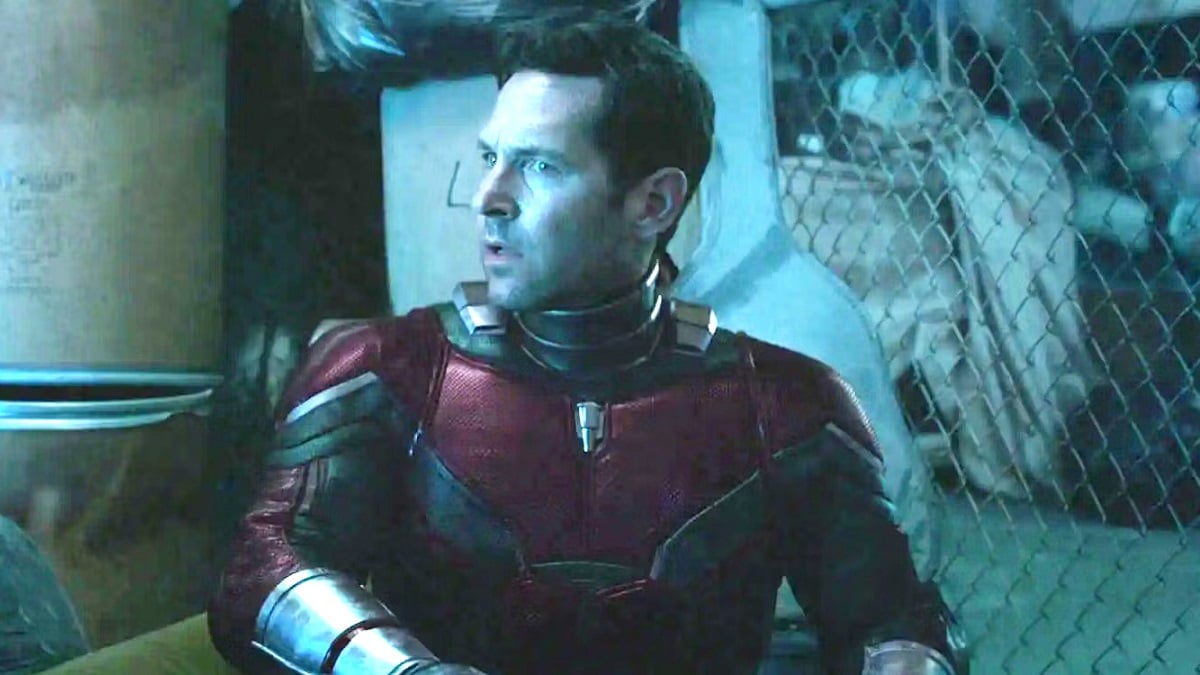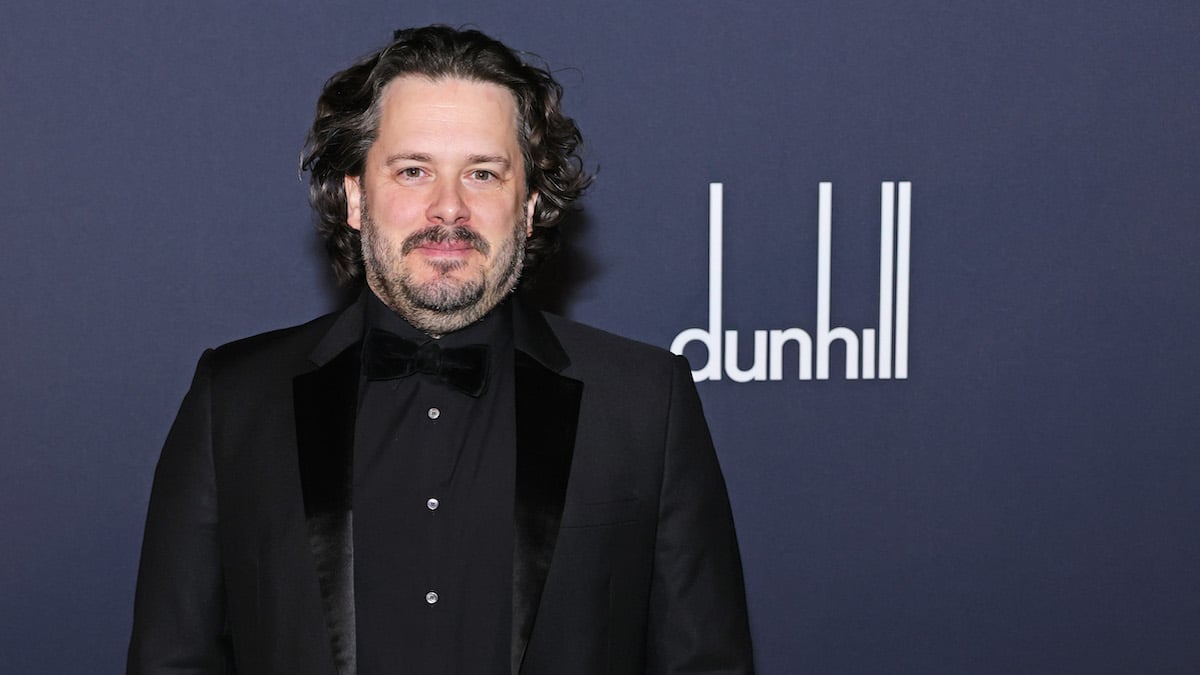With Ant-Man and the Wasp: Quantumania‘s release and subsequent garnering of some rather weighty critique, the creative duo of director Peyton Reed and writer Jeff Loveness just might find itself in the same crosshairs that writer Michael Waldron became familiar with after Doctor Strange in the Multiverse of Madness – specifically, the crosshairs that are reserved for the people that probably weren’t responsible for how lackluster the final product was, but are sadly forced to take it on the chin by proxy of immediate association with said product.
Perhaps, then, some Marvel fans will find themselves daydreaming about the parallel universe in which Edgar Wright was the big name attached to this particular Marvel trilogy. Our timeline saw the acclaimed genre auteur jump the original Ant-Man ship back in 2014 and, barring the possibility that Wright possesses fortune telling abilities and saw what Marvel Studios had planned for Quantumania, fans may be wondering why that particular partnership came to a premature end.
The simple answer is creative differences, but considering Marvel’s then-up-and-coming status as the cinematic paradigm it would eventually grow into, coupled with just how serious creative differences are for a filmmaker of Wright’s particularity, it’s a bit more complicated than that.

In an interview with IndieWire last month, writer Joe Cornish, who worked with Wright on his draft of the Ant-Man script, pointed out how the cultural zeitgeist’s obsession with superhero films — which eventually evolved into the feedback loop that sustains the MCU today — was dormant at the time they had first met with Marvel’s executives about Ant-Man, noting that “[Jon] Favreau hadn’t even started working on the first Iron Man.” This, of course, implies that the “cinematic universe” part of the MCU was barely a whisper at the time, which in turn meant that there was probably no big plan that Wright and Cornish were obliged to follow.
But by 2014, when Wright left the job, superheroes were the name of the game, and the budding continuity of the MCU was gearing up for something unprecedented, and this something now only had room for interconnected Marvel movies rather than standalone Edgar Wright movies.
Such a sentiment was perhaps best described by the filmmaker himself back in a 2017 interview with Variety, where he stated “I wanted to make a Marvel movie but I don’t think they really wanted to make an Edgar Wright movie,” revealing in the same interview that, after the studio declined to go ahead with his script, the dissonance he felt from the thought of directing a script that wasn’t his own resulted in him leaving his remaining position as director.
Wright’s departure from Ant-Man, then, can be chalked up as a necessary evil; despite the joy that so many people would no doubt take in a superhero film with Edgar Wright all over it, he and Marvel simply outgrew each other when the time for Ant-Man finally came along. Indeed, Wright’s distinct, vibrational, walk-to-my-own-song approach to filmmaking would only gel so well with Marvel’s newfound studio and saga demands, and while Quantumania may have you convinced that Reed and Loveness were ultimately poorer choices, we implore you to instead point your fingers at a studio who demanded a safe, Hollywood ending no matter the cost (the cost, as many agree, was quite high).
Ant-Man and the Wasp: Quantumania is now playing in theaters.

